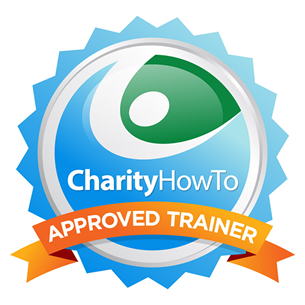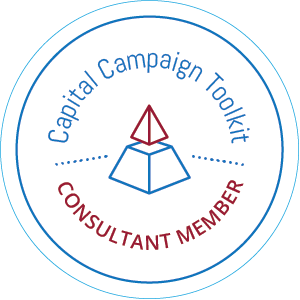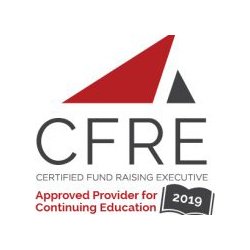 Robert K. Greenleaf coined the term “servant leadership” through an essay that he first published in 1970. According to Greenleaf, “the servant leader is servant first…It begins with the natural feeling that one wants to serve, to serve first. Then conscious choice brings one to aspire to lead. That person is sharply different from one who is leader first, perhaps because of the need to assuage an unusual power drive or to acquire material possessions…”
Robert K. Greenleaf coined the term “servant leadership” through an essay that he first published in 1970. According to Greenleaf, “the servant leader is servant first…It begins with the natural feeling that one wants to serve, to serve first. Then conscious choice brings one to aspire to lead. That person is sharply different from one who is leader first, perhaps because of the need to assuage an unusual power drive or to acquire material possessions…”
In many cases as a fundraiser, we are all called to lead from within through utilizing “servant leadership.” The fundraiser serves as a servant to many different constituents all at the same time.
For instance, we are servants to our:
- board members as we meet their needs, engage them in dialogue, and enable them with their governance and fiduciary roles.
- staff as we manage them to success, ensure and foster team building, and envision and share a common vision and goal,
- donors as we listen and learn about their connection to our mission, serve as conduits to their philanthropic possibilities, and ensure that we are good stewards of their investments and resources,
- volunteers as we seek to engage them in our work, match their interests to the jobs that we have needs for, and connect them with others in our organizations, and
- causes as we seek to raise money to support their work, steward their financial resources, and ensure that missions are relevant and met, all with high integrity and ethics.
Greenleaf’s ultimate test of servant leadership was the question “do those served grow as persons?” We must ask ourselves that very question each and every day.
For the fact is that philanthropy and development should never be just about “us” as professional fundraisers, getting the next gift or raising the most money. Philanthropy and fund development goes much deeper.
The true “servant” leaders will be the ones who are successfully willing to serve everyone within the organization and most importantly the donors to no end. We must recognize the dignity and worth of all people, especially; those connected to and in our non-profit organizations, build strong teams and get things done through others, and take very little if any credit for our efforts. Further, we must involve others in decision making, demonstrate true caring and foster individual growth.
It is path marked by a selfless rather than selfish journey into true servant hood.
How are you a servant leader in your role as the fund development person in your organization?










